When your dentist informs you that you will need to have your wisdom teeth pulled, it can seem like an enormous task, not to mention the four teeth that come from each one. Are they really going to have to be removed? Is wisdom teeth removal necessary even though they are not causing any problems? The decision to remove wisdom teeth isn’t always clear.
Also called third molars, your wisdom teeth are your last set of molar teeth to arrive. They emerge all the way back in your mouth, behind your second set of molars, and they usually appear between the age of 18 and 25.
Many dentists generally recommend removing wisdom teeth before their roots and bones are fully formed, as the likelihood of recovery after such surgery is generally faster. When it’s safe to do so, your dentist will advise to extract your wisdom teeth to prevent disease risk and potential problems later on.
As you grow older, your teeth can become trickier to remove. If you wait too long, you might experience complications after surgery that range from heavy bleeding and broken teeth to slight numbness and minimal movement in your jaw.
Not enough space for growth
Most people simply do not have enough room in their mouths to keep their wisdom teeth correctly. In this case, your wisdom teeth may begin to push against different teeth and lead to undesirable jaw alignment.
It’s often hard to brush your teeth and floss your back teeth because of their location in the back of your mouth. If it’s challenging to maintain your teeth clean, it’s more likely to affect your dental health, such as cavities and gingivitis.
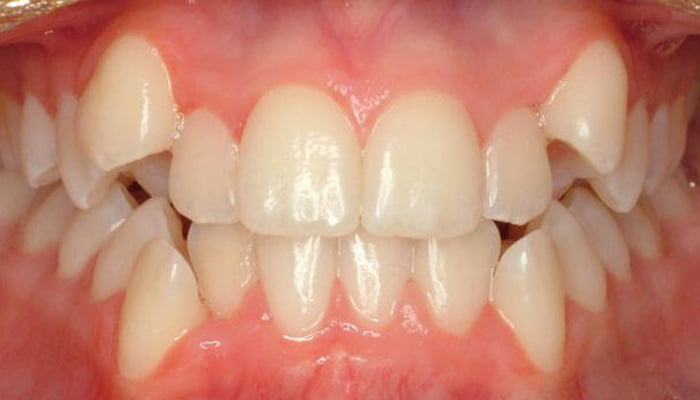
They erupt at a bad angle
Wisdom teeth occasionally come in at an awkwardly angled position, which can affect neighboring teeth or cause bite misalignment. That extra set of molars can push your other teeth around, causing jaw pain and bite problems.
If you have pain or feel swelling or an unpleasant odor near your back teeth, you may require another look.
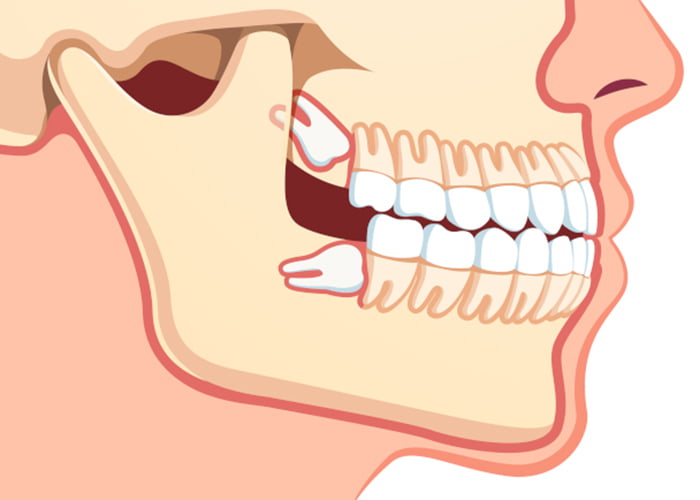
They remain impacted
If it’s not feasible for your wisdom teeth to emerge normally, they may become impacted (trapped) in your jaw.
These teeth are positioned partially or fully within the soft tissue or jaw bone, making them more susceptible to both disease and other disorders.
Occasionally this can lead to an infection or may cause a cyst that can damage other teeth roots or bone support.
Dental cysts can grow around the new teeth if left untreated. If they aren’t addressed, they can cause a hollowed jaw and bone damage.
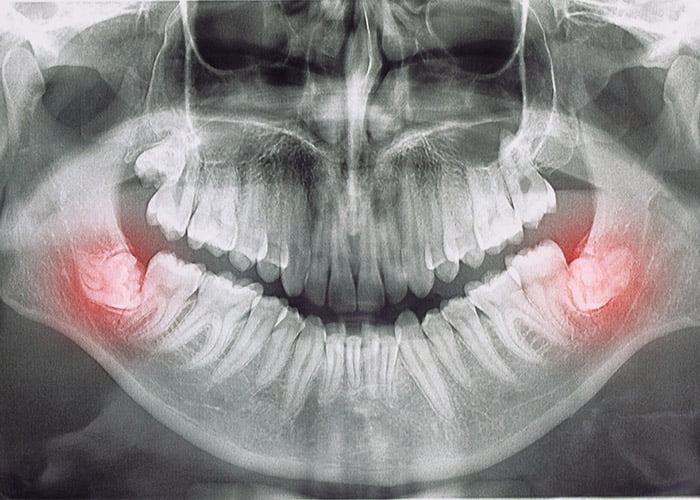
You might have cavities or gum disease
An additional reason why individuals undergo the removal of the wisdom teeth is due to poor dental hygiene. Tissue around the wisdom teeth area can swell, be inflamed, and may be hard to clean. It is critical to maintain good dental hygiene, as this plays a significant role in preventing cavities and gum diseases.
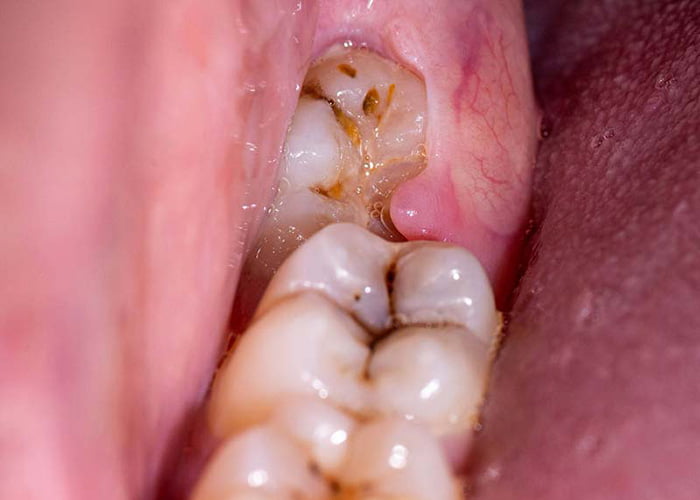
See Dentist For Life
Looking for an experienced and trusted dentist in Marysville, Ohio? Look no further than Dentist For Life! We provide comprehensive dental care for patients of all ages. We take a wide variety of insurance plans and are currently accepting new patients. You can reach us at (937) 707-1111 or schedule your appointment online here.

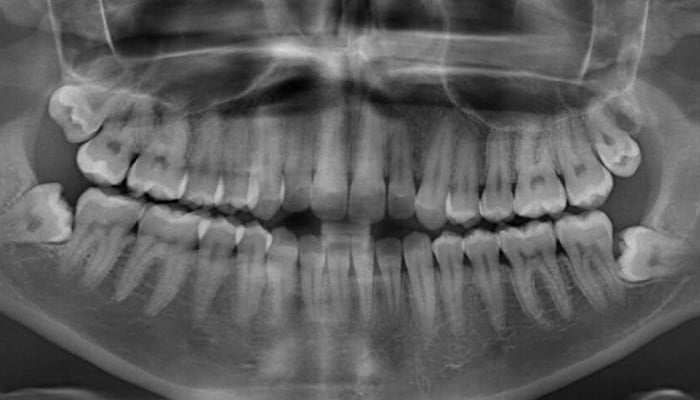


One Response
Thanks for explaining how removing your wisdom teeth is essential since this removes any possible cavities around them. I have a friend that wants to improve his smile and appearance before returning to the office. Since he’s dealing with a constant problem of bad breath, I think visiting a dentist can help him treat the source of the problem.